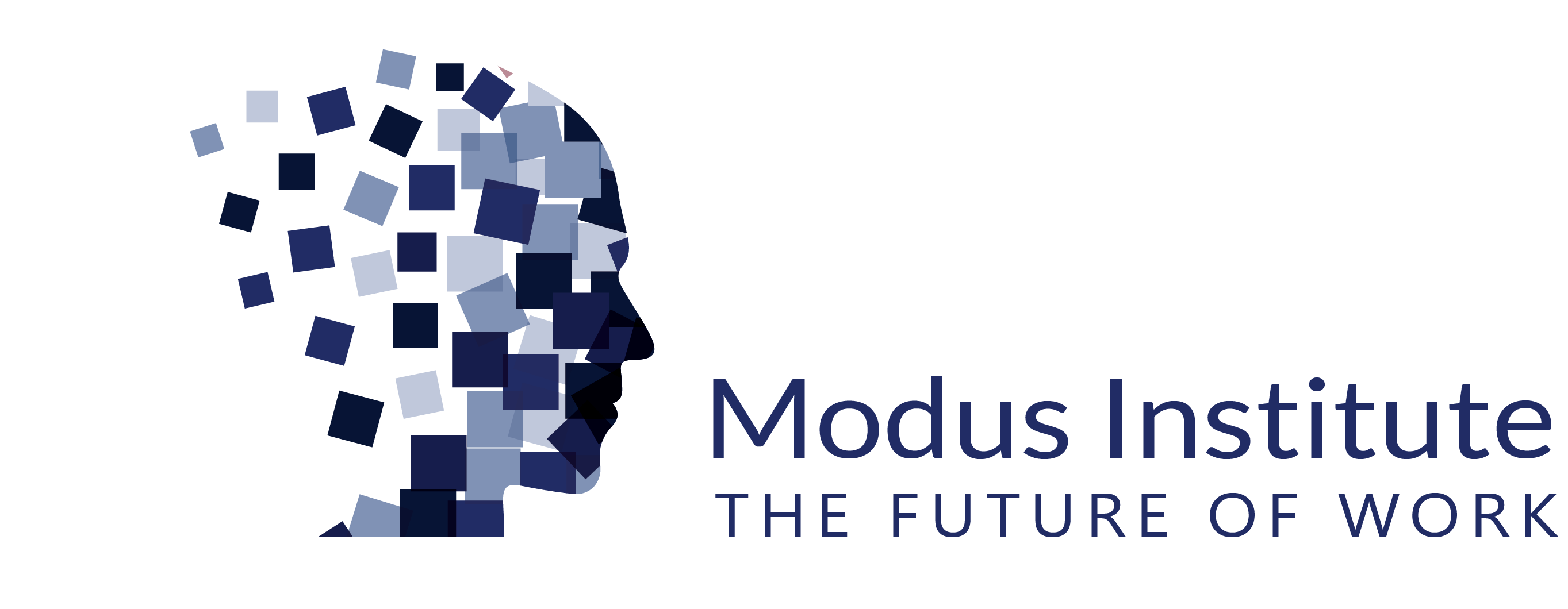WIP WHISPERER - An online class & a community
You can't outrun your overload.
But you can tame it!
New content rolling out every week from May 11 to Aug 1, 2025
Taming the WIP Bull.
The WIP Whisperer workshop teaches proven methods to visualize, limit, and manage work in progress effectively. This system of professional workflow management will transform how you and your team approach tasks, making you more productive while reducing stress and improving quality.
Lesson series
Why we struggle with WIP
- We can't process unlimited tasks simultaneously, yet we try anyway
- Hidden work accumulates below the surface, creating unexpected overload
- Organizational pressure encourages starting more than we can reasonably finish
Write your awesome label here.
The No-Nonsense Description
The Problem We Are Solving: Excessive Work in Progress creates cognitive overload, quality issues, and missed deadlines. Most teams lack systems to visualize and control their true workload, leading to burnout, frustration, and diminished results. Where does this work come from? The answers may surprise you.
WIP AND THE RAGING BULL
The Four Vectors
WIP is coming from multiple directions. Simply putting a number at the top of a kanban column will not account for the personal, team, political, and systemic ways your team and you are being overloaded.
Our work comes from ourselves, our leadership, our structures, and how we communicate.
Until we understand these types of WIP, we can never hope to tame them
Our work comes from ourselves, our leadership, our structures, and how we communicate.
Until we understand these types of WIP, we can never hope to tame them
Self-Inflicted WIP
Work that accumulates when professionals voluntarily take on too many commitments.
Leadership Induced WIP
When leadership decisions, priorities, direction, dismissal of concerns, or pivots create confusion and rework.
Structural and Systemic WIP
Bureaucracy, legacy rules, ritualistic meetings, and siloed workflows that prevent collaboration and knowledge sharing.
Communication Deficient WIP
Work created by poor information flow between people and systems.
Details
- New Videos appearing weekly from 11 May 2025 to August 1 2025
Format: Online Lean Coffees starting 3rd week of May - Participation: Watch what you want, attend what you want.
Who It's For:
Professionals juggling multiple projects and responsibilities
Team leaders struggling with unrealistic workloads and deadlines
Organizations experiencing quality issues and missed commitments
Build a Sustainable Culture | Solve Problems Immediately and Together
What Our Current Students are Saying

The Contents
Our Instructors
Meet the Modus
Jim Benson
Co-Founder, Modus Institute
Co-founder of Modus Institute, co-author and creator of the Shingo-awarded Personal Kanban and Lean Coffee, Jim is an internationally-recognized speaker and authority on visualizing and managing knowledge work.
As a pioneering voice in applying Lean principles and collaboration to knowledge work, he transforms how individuals and organizations approach complex challenges.
Senior faculty at the Lean Enterprise Institute, he brings decades of experience in making work visible, collaborative, and manageable.
Through his latest book, The Collaboration Equation, Jim continues to evolve the practice of visual management, helping teams worldwide create more intuitive, collaborative, and productive workplaces.
His work bridges the gap between individual productivity and organizational success, showing how visualization can transform both personal effectiveness and team dynamics.
As a pioneering voice in applying Lean principles and collaboration to knowledge work, he transforms how individuals and organizations approach complex challenges.
Senior faculty at the Lean Enterprise Institute, he brings decades of experience in making work visible, collaborative, and manageable.
Through his latest book, The Collaboration Equation, Jim continues to evolve the practice of visual management, helping teams worldwide create more intuitive, collaborative, and productive workplaces.
His work bridges the gap between individual productivity and organizational success, showing how visualization can transform both personal effectiveness and team dynamics.
Tonianne DeMaria
Co-Founder, Modus Institute
Co-founder of Modus Institute, co-author of Shingo-awarded Personal Kanban, and faculty at Lean Enterprise Institute, Toni focuses on creating effective, brain-friendly workplaces. As a founding member of international research consortium Obeya Global, she helps organizations evolve through systems thinking and visual management.
An historian by training, she leverages a cross-disciplinary approach drawing from neuroscience, behavioral economics, and the work of W. Edwards Deming to help individuals and teams optimize through visualization tools and cognitive science. She integrates Lean methodologies with human-centered design to enhance both organizational value and human potential.
By aligning processes with natural thinking patterns, she builds workplace cultures where people and organizations thrive together.
Mark Kilby
Senior faculty, modus institute
Mark Kilby is an author and expert on distributed teams and remote work. In 2018, he published the book From Chaos to Successful Distributed Agile Teams: Collaborate to Deliver, with co-author Johanna Rothman. In this book, Kilby provides advice and principles for managers and teams seeking to transition to working remotely using agile principles. Drawing on his extensive experience helping companies embrace location-independent work, Kilby offered practical guidance on topics ranging from managing remote workers to facilitating collaboration across distances. His writings and consulting have made him an influential voice in the growing field of distributed work.
Dave Prior
senior faculty, modus institute
Dave Prior, LAVM, PMP, PMI-ACP, CST, has been leading technology projects and helping individuals and teams find better ways to manage their work for over 25 years. He has managed projects, programs, PMOs, and portfolios and has focused on Agile since 1999.
Dave has been podcasting about Agile and Project Management since 2008. His podcast drunkenPM Radio’s Reluctant Agilist covers Agile basics, best practices for transitioning from waterfall to Agile, as well as guidance and advice from other Agile practitioners and thought leaders on how to address more advanced Agile topics.
In addition to his work at Modus, Dave is an Agile Coach and Consultant and he leads Certified Scrum Master, Certified Scrum Product Owner , and Advanced Certified Scrum Product Owner classes. He is also a member of the Scrum Alliance TAC. He lives in Brooklyn, NY.
Dave’s journey from waterfall to Agile was not an easy one, and this influences every aspect of his work and how he shows up every day with a simple goal: “...make the journey from waterfall to Agile less painful for others than it was for me."
Dave has been podcasting about Agile and Project Management since 2008. His podcast drunkenPM Radio’s Reluctant Agilist covers Agile basics, best practices for transitioning from waterfall to Agile, as well as guidance and advice from other Agile practitioners and thought leaders on how to address more advanced Agile topics.
In addition to his work at Modus, Dave is an Agile Coach and Consultant and he leads Certified Scrum Master, Certified Scrum Product Owner , and Advanced Certified Scrum Product Owner classes. He is also a member of the Scrum Alliance TAC. He lives in Brooklyn, NY.
